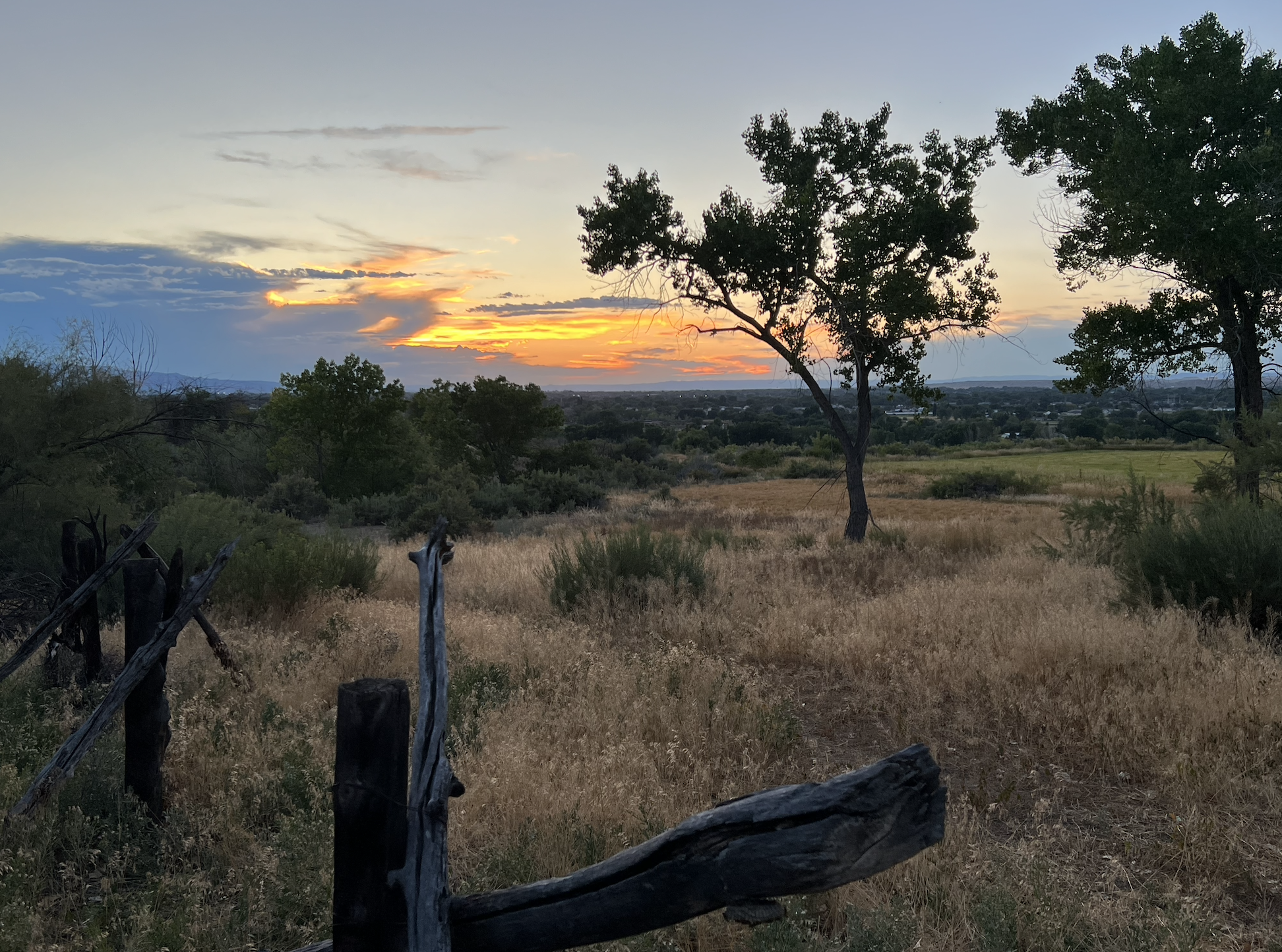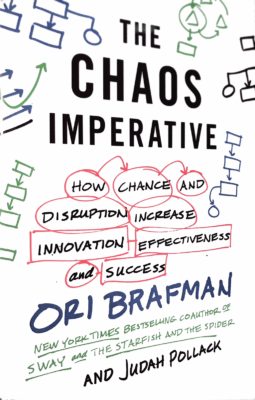
In nearly 20 years of practice with Art of Hosting, “Is the Art of Hosting a thing?” has been the question most often not spoken, but most present behind many AoH related questions. It seems that many people who first learn of AoH, and who are drawn to how deliciously useful it is, have impulse to concretize what is meant to be fluid. Such is one of the challenges of the times in which we live, that have become so overrun with default disposition toward transactional reductionism.
To be clear, if you live in these times, chances are, you are both rebelling against the reductive tendency, and, contributing to it. I do. But that is what so often defines a transformative translation dance. You get some right, or closer to what is most accurate. You get some wrong, or that move further from what is most accurate. In my graduate school days, I learned from one friend and professor that words themselves are a “representative system of symbols.” Words themselves are a tool to give us one way of accessing what really is. But words, fantastic as they are, are still only symbols that reflect reality — not the reality itself.
So, with that said, here goes another version for me to point to more of what is more accurate when I bump into others, or myself, thinking about Art of Hosting as a thing.
Art of Hosting is no more a thing than a family, a community, nor a city is a thing. You don’t “do” a family if first encountering it (I’m thinking of meeting inlaws, or getting to a once-a-decade family reunion). You don’t “do” a community (there is so much that is varied and unfolding real time). You don’t “do” a city when you have 3 days to visit it (you can plan a few highlights to see, but truth is, at best you encounter a city, some of it).
With each of these above, and with Art of Hosting, in the “not thing” version, I would suggest that you get to know a few people as you create a beginning of a relationship. You begin a practice of being in relationship in a different way that changes who you are, who “they” are, and who “we” are. You enter an arena in which the illusion of separation is momentarily dropped, to recall an already existing connective tissue together. And that changes the landscape. Not as a thing — it isn’t buying frying pan. But as a way of changing, and I would say, making more healthy, the irrepressible changes that are ahead.
Art of Hosting isn’t done. It too, is encountered in a way that creates the connective tissues of mutual attraction, creativity, animation, awareness, and contribution. Not a thing. A practice that is the full range from tools, to communal way of being, both, and all in between, to be used with creativity and innovation that is so much beyond “thing”.
I’m grateful for the practice of 20 years that continues to grow and change me and those that I’m with.


